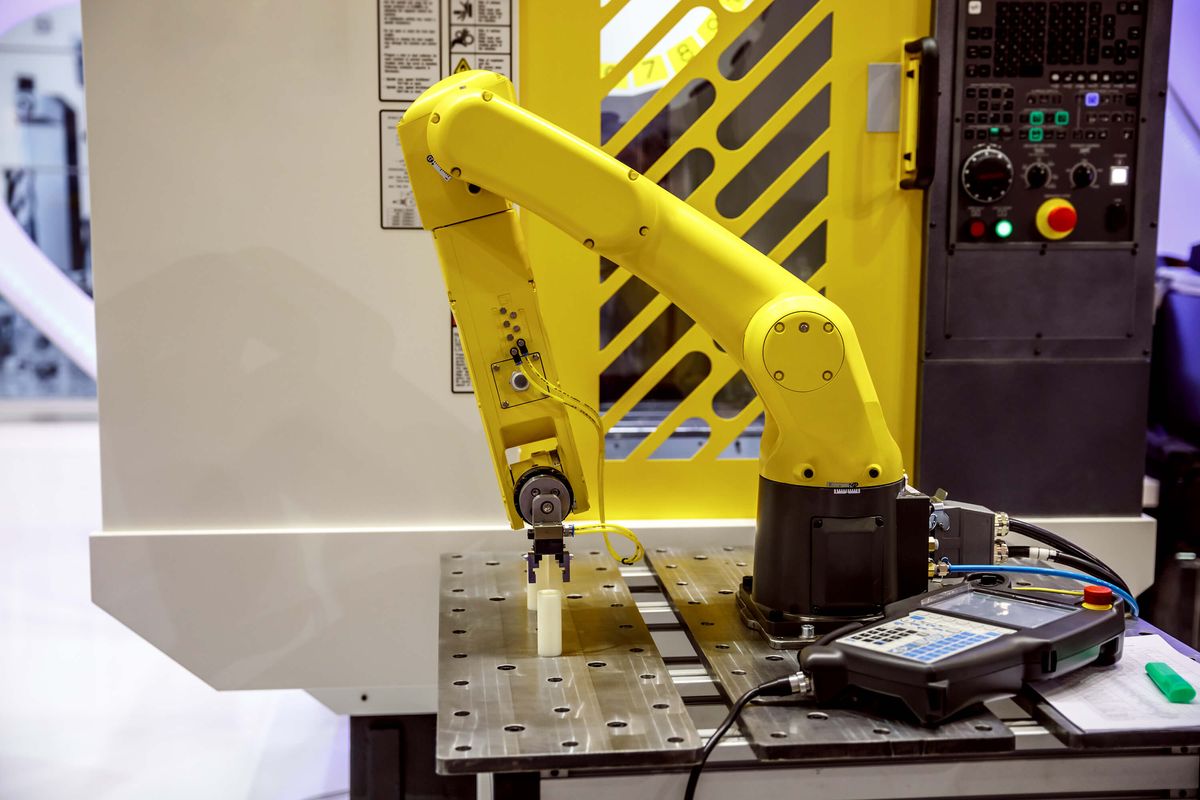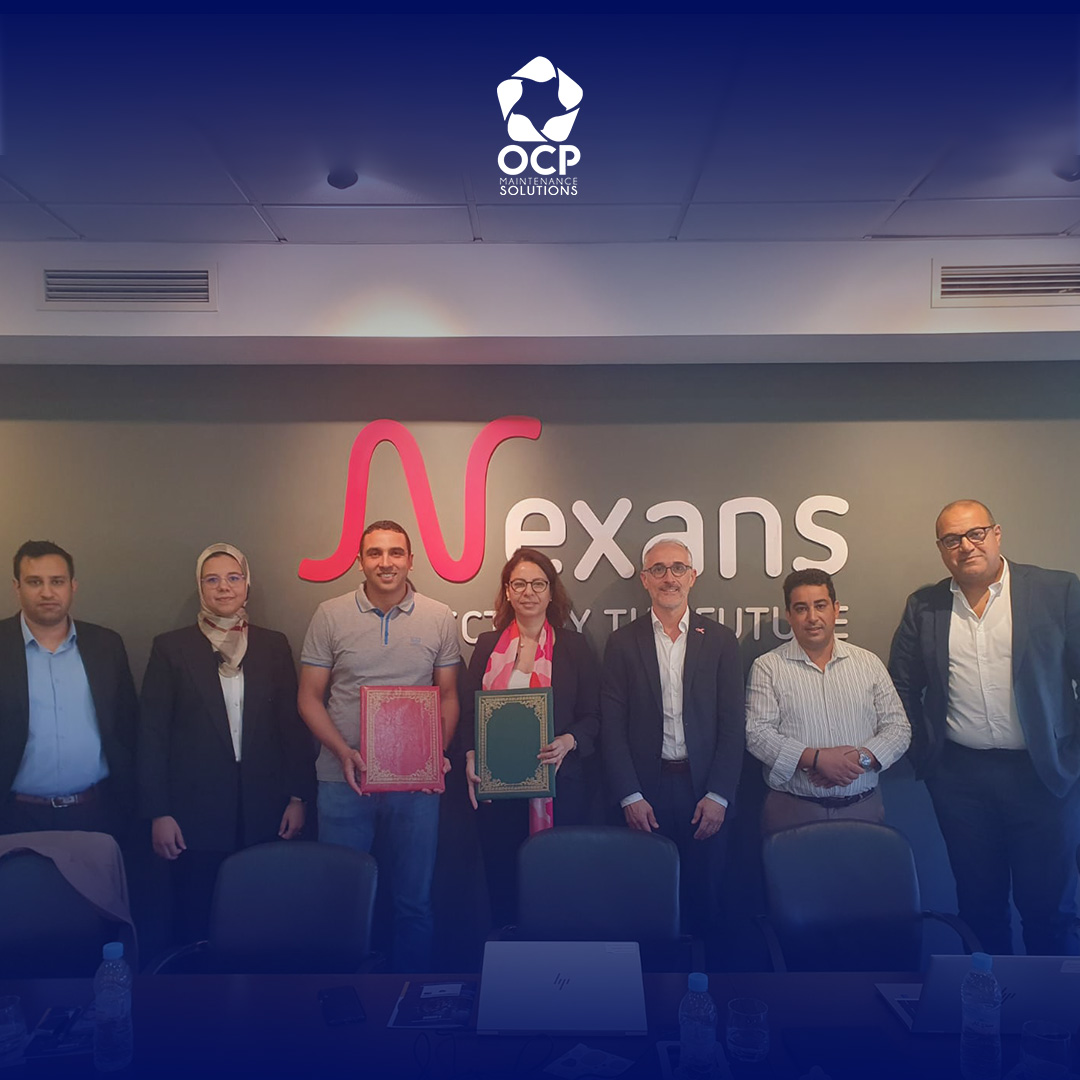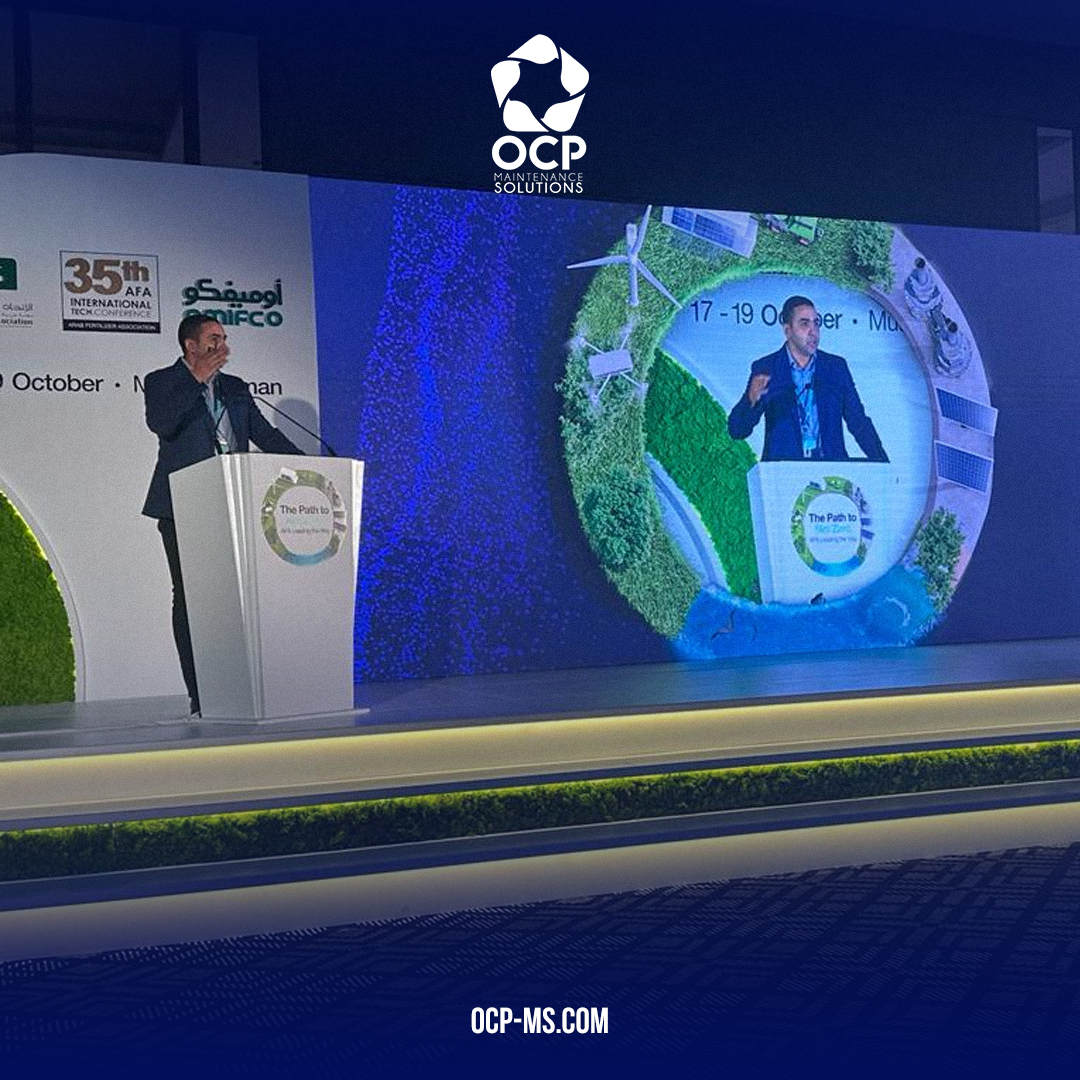Introduction
Industry 4.0 and predictive maintenance are two of the most important technological advancements in the manufacturing and industrial sectors. Industry 4.0 refers to the fourth industrial revolution, where smart technologies such as IoT, artificial intelligence and machine learning are used to optimize production and supply chain processes. Predictive maintenance, on the other hand, uses data analysis and machine learning to predict when equipment is likely to fail, allowing companies to schedule maintenance and repairs before an issue becomes critical.
The implementation of Industry 4.0 and predictive maintenance can bring many benefits to companies including increased efficiency, productivity, cost savings, improved safety and reduced environmental impact. However, the implementation process can be challenging and requires companies to overcome a range of technical, organizational, financial and cultural challenges.
In this blog, we will take a closer look at the challenges of implementing Industry 4.0 and predictive maintenance and how to overcome them. From integration of new technologies and data management to change management and cultural challenges, we will examine the barriers that companies may face and provide strategies for overcoming them. The implementation of Industry 4.0 and predictive maintenance can bring many benefits to companies and it’s important to understand and overcome the challenges in order to fully leverage the potential of these technologies.
Organizational Challenges
Another set of challenges that companies face when implementing Industry 4.0 and predictive maintenance is organizational challenges. One of the main organizational challenges is change management. The implementation of Industry 4.0 and predictive maintenance requires companies to change the way they operate, and this can be a difficult process for employees to adapt to. Companies need to have a clear change management plan in place to ensure that employees are prepared for the changes and that they are supported throughout the process. This includes communicating the benefits of Industry 4.0 and predictive maintenance, as well as providing training and support to employees to help them adapt to the changes.
Another organizational challenge is the training and upskilling of employees. The implementation of Industry 4.0 and predictive maintenance requires employees to have a certain level of knowledge and skills to be able to operate and maintain the new systems. This includes understanding how the new technology works, how to operate it, and how to troubleshoot any issues that may arise. Companies need to invest in training and upskilling programs to ensure that employees are equipped with the necessary knowledge and skills to be able to work with Industry 4.0 and predictive maintenance systems.
Lastly, Aligning Industry 4.0 and predictive maintenance with corporate strategy is another organizational challenge that companies need to overcome. The implementation of Industry 4.0 and predictive maintenance should be aligned with the overall corporate strategy to ensure that it is in line with the company’s goals and objectives. This means that companies need to have a clear understanding of how Industry 4.0 and predictive maintenance will contribute to the company’s overall strategy and to ensure that the implementation of these technologies is aligned with that strategy.
Organizational challenges such as change management, training and upskilling of employees, and aligning with corporate strategy are major challenges that companies need to overcome when implementing Industry 4.0 and predictive maintenance.
Financial Challenges
Financial challenges are another set of barriers that companies may face when implementing Industry 4.0 and predictive maintenance. One of the main financial challenges is the investment costs associated with implementing these technologies. Industry 4.0 and predictive maintenance require companies to invest in new hardware and software, as well as to reconfigure existing systems. This can be a costly process, and companies need to have the necessary financial resources to invest in these technologies.
Another financial challenge is the return on investment (ROI) and cost-benefit analysis. Companies need to be able to justify the costs of implementing Industry 4.0 and predictive maintenance by demonstrating the potential benefits, such as increased efficiency, productivity, and cost savings. This requires companies to conduct a thorough cost-benefit analysis to determine the potential ROI of the investment.
Lastly, identifying and securing funding is a financial challenge that companies need to overcome when implementing Industry 4.0 and predictive maintenance. Companies may need to secure funding from various sources, such as venture capital, government grants, or loans. This can be a time-consuming and complex process, and companies need to clearly understand the funding options available to them and how to apply for them.
In conclusion, Financial challenges such as investment costs, ROI and cost-benefit analysis, and identifying and securing funding are major barriers that companies need to overcome when implementing Industry 4.0 and predictive maintenance. It’s important for companies to have a clear understanding of these challenges and to develop strategies to overcome them in order to be able to leverage the potential of these technologies fully.
Cultural Challenges
Cultural challenges are also a significant barrier to implementing Industry 4.0 and predictive maintenance. One of the main cultural challenges is resistance to change. Employees may resist implementing new technologies, particularly if they are not familiar with them or if they perceive that the changes will be disruptive to their work. Companies need to have a clear communication plan to help employees understand the benefits of Industry 4.0 and predictive maintenance and how it will affect their work. This includes communicating the reasons for the changes, the benefits the company and employees will gain from them, and providing support to employees as they adapt to the changes.
Another cultural challenge is collaboration and communication. Industry 4.0 and predictive maintenance require collaboration and communication between various departments and teams within a company. This includes collaboration between IT, operations, and maintenance teams and between different departments within the company. Companies need to have a clear communication plan to ensure that all teams are working together effectively and that information is being shared promptly.
Lastly, building a culture of innovation is a cultural challenge that companies need to overcome when implementing Industry 4.0 and predictive maintenance. Companies need to create a culture that encourages employees to think creatively and to take risks. This includes providing employees with the necessary resources, such as training and support, to help them develop new ideas and to implement them. Companies also need to create an environment where employees feel comfortable sharing their ideas and where their ideas are valued.
Cultural challenges such as resistance to change, collaboration and communication, and building a culture of innovation are significant barriers that companies need to overcome when implementing Industry 4.0 and predictive maintenance. It’s important for companies to have a clear understanding of these challenges and to develop strategies to overcome them in order to be able to leverage the potential of these technologies fully.
Solutions
To overcome the challenges of implementing Industry 4.0 and predictive maintenance, companies need to develop strategies that address the specific challenges they are facing.
One strategy for technical challenges is investing in the necessary infrastructure and personnel to manage and analyze large amounts of data. This includes investing in data management and analysis systems, as well as hiring specialized personnel to help with the integration of new technologies. Another strategy is to ensure that the company’s systems are secure from cyber threats, this includes protecting against unauthorized access, data breaches, and cyber attacks. It also includes ensuring that data is transmitted securely and that any connected devices are configured securely.
For organizational challenges, one strategy is to have a clear change management plan in place to ensure that employees are prepared for the changes and that they are supported throughout the process. This includes communicating the benefits of Industry 4.0 and predictive maintenance, as well as providing training and support to employees to help them adapt to the changes. Another strategy is to align Industry 4.0 and predictive maintenance with the overall corporate strategy to ensure that it is in line with the company’s goals and objectives.
For financial challenges, one strategy is to conduct a thorough cost-benefit analysis to determine the potential return on investment (ROI) of the investment. Another strategy is to identify and secure funding from various sources, such as venture capital, government grants, or loans. To do that companies need to have a clear understanding of the funding options available to them and how to apply for them.
For cultural challenges, one strategy is to have a clear communication plan in place to help employees understand the benefits of Industry 4.0 and predictive maintenance and how it will affect their work. This includes communicating the reasons for the changes, the benefits that the company and employees will gain from the changes, and providing support to employees as they adapt to the changes. Another strategy is to create a culture that encourages employees to think creatively and to take risks, this includes providing employees with the necessary resources, such as training and support, to help them develop new ideas and to implement them.
There are multiple strategies that companies can use to overcome the technical, organizational, financial, and cultural challenges associated with the implementation of Industry 4.0 and predictive maintenance. It’s important for companies to have a clear understanding of these challenges and to develop strategies to overcome them in order to be able to fully leverage the potential of these technologies.
Conclusion
In conclusion, Industry 4.0 and predictive maintenance are two of the most important technological advancements in the manufacturing and industrial sectors. However, the implementation process can be challenging and requires companies to overcome a range of technical, organizational, financial and cultural challenges.
The integration of new technologies, data management and analysis, and cybersecurity are major technical challenges that companies need to overcome. Organizational challenges such as change management, training and upskilling of employees, and aligning with corporate strategy are also significant barriers. Financial challenges such as investment costs, ROI and cost-benefit analysis, and identifying and securing funding are major barriers that companies need to overcome. Cultural challenges such as resistance to change, collaboration and communication, and building a culture of innovation are significant barriers that companies need to overcome.
To overcome these challenges, companies need to develop strategies that address the specific challenges they are facing. It’s important for companies to have a clear understanding of these challenges and to develop strategies to overcome them in order to be able to leverage the potential of these technologies fully.
Implementing Industry 4.0 and predictive maintenance can bring many benefits to companies, including increased efficiency, productivity, cost savings, improved safety and reduced environmental impact. Therefore, it’s essential for companies to understand and overcome the challenges in order to leverage the potential of these technologies fully.




